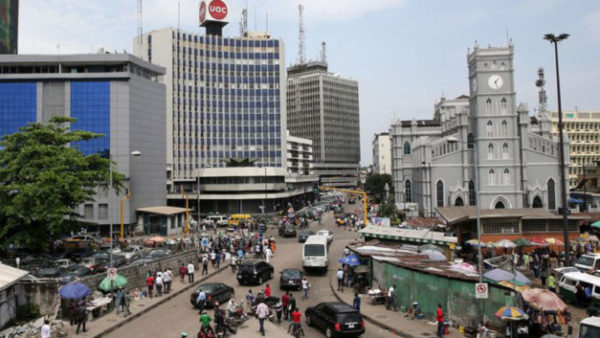The economy of the country to 190 million inhabitants takes the colors, reading the forecasts made by the French insurance company for foreign trade (Coface).
In recession in 2016 with a rate of -1.6%, partly caused by the drop in oil prices, the instability related to the Boko Haram armed group and the reluctance of investors, the Nigerian economy is, indeed, on a positive spiral. In 2017, it recorded a modest 0.8% recovery that will materialize in 2018 with 2% GDP growth.
However, the control of inflation is at 14.4% and a strong budget pressure with a 16% increase in spending and a public debt that continue to grow with a debt service that absorbs 60% of the revenues of the State (22.8% of GDP in 2018 against 21.3% in 2017) is the main challenge for the continent’s largest economy to enable it to solidify the momentum of recovery.
It should be noted that growth slowed in the first quarter of 2018, with a slight increase of 1.95%, mainly driven by the oil sector whose economy is still dependent.



